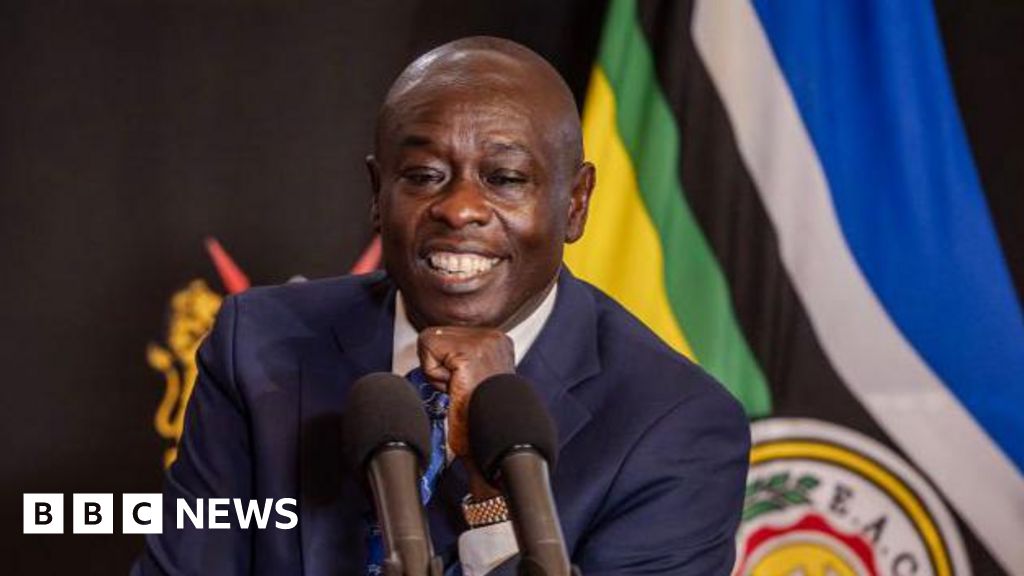- Sharp decline in imported PMS volume in Nigeria in October 2024
- Boost in PMS production by Dangote refinery contributed to the decline in imports
- Nigeria aims to end petrol imports by December 2024 as part of measures to stabilize the economy
Place your adverts here on InfoDig @ low rates; banner ads, sponsored links and guest articles etc. Contact us
Nigeria may finally be on its way to achieving self-sufficiency in petrol production as fresh data has shown a sharp decline in the volume of Premium Motor Spirit (PMS) imported in October 2024. This follows a boost in PMS production by Dangote refinery especially in the first two weeks of October.
According to a ship-tracking report from S&P Global Commodity Insights sighted by Nairametrics, 280,400 barrels of gasoline and blend stock were imported into Nigeria during the first week of October 2024, ending on the 6th.
This was followed by another vessel, one product tanker with Antwerp as port of origin, carrying 290,567 barrels of gasoline to Nigeria, in the week ending October 13.
The development confirms an earlier report by the Organization of Petroleum Exporting Countries (OPEC) on the disruption of market forces once the Dangote refinery starts operations.
Recall OPEC, in its monthly Oil Market Report for June 2024, predicted that supplies from the Dangote Refinery and Petrochemicals will put pressure on the performance of Europe’s oil industry, especially the Northwest Europe (NWE) Gasoil.
According to Reuters, a third of Europe's 1.33 million barrels per day (BPD) average gasoline exports in 2023 went to West Africa, with the majority of those exports ending up in Nigeria. With the loss of that market, added with new environmental laws in Northwest Europe, many plants will be forced to reconfigure, seek new markets for lower-quality gasoline, or shut down operations totally.
Over the years, Nigeria has spent about $17 billion annually on importation of refined petroleum products due its over-reliance on European refiners.
In August alone, Nigeria recorded a weekly average of 1.3 million barrels as imports.
According to the Nigerian Bureau of Statistics (NBS), the value of petrol import in the first half of 2024 stood at N5.8 trillion and when compared to the same period of 2023 (N3.1 trillion), Nigeria's petrol import bill increased by 87.09%.
With the drop in petrol imports, we may be seeing the NNPCL prediction of ending petrol imports by December 2024 come to pass.













 English (US) ·
English (US) ·